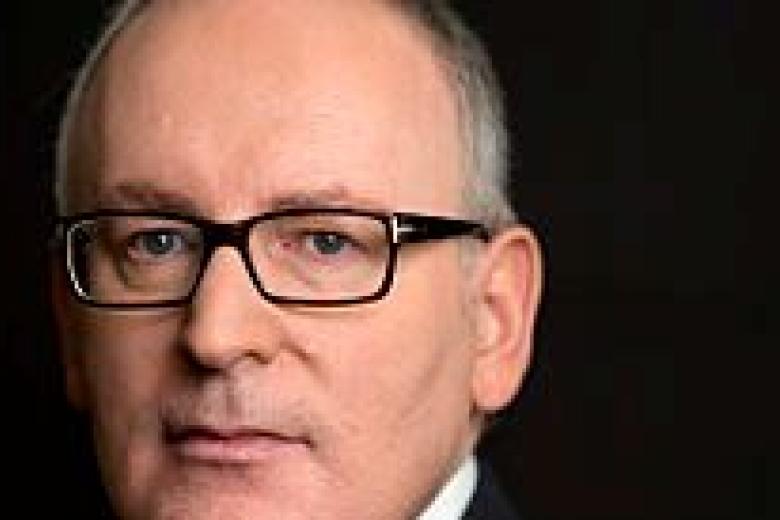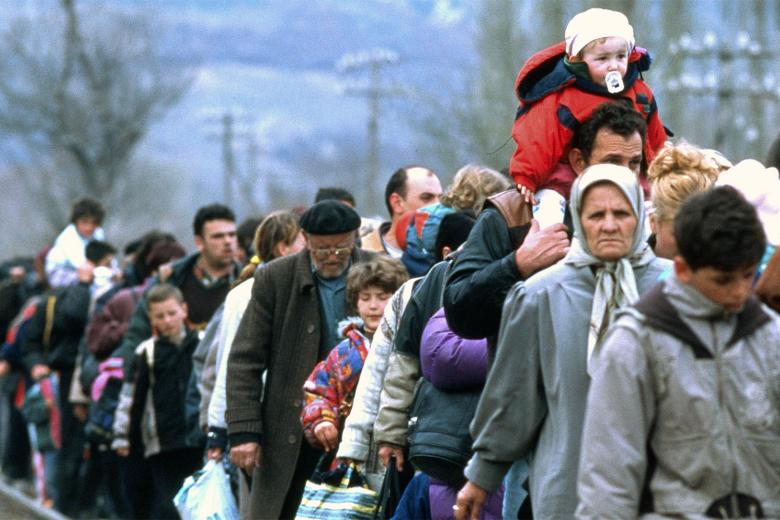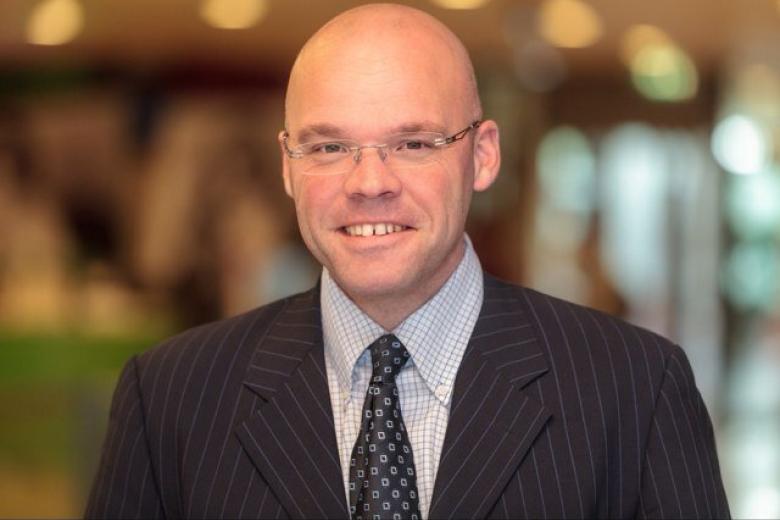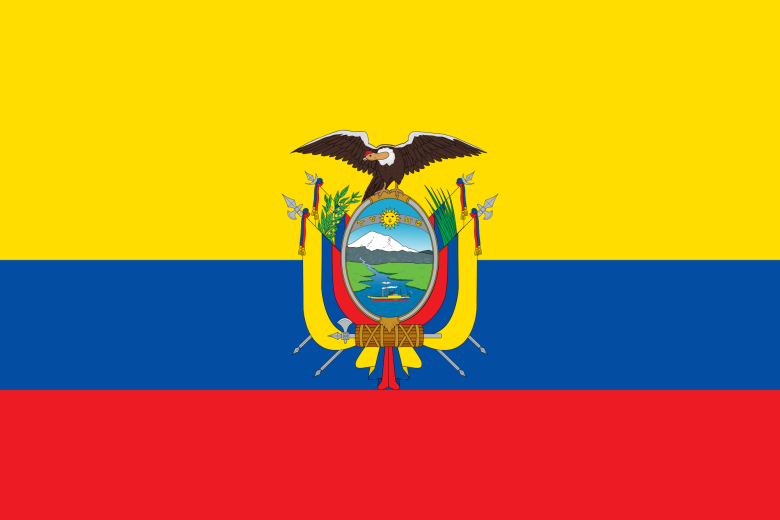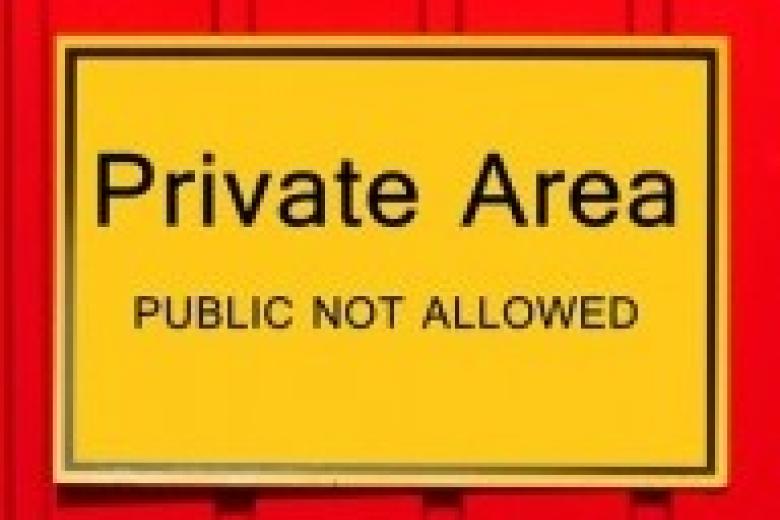Almost fifty percent of all marriages in the western world end in divorce. That is one of the most important reasons why relationship therapist Susan Pease Gadoua and reporter Vicki Larson, the authors of the recently published book ‘The New “I Do”’ , argue that a marriage for life is an unrealistic and hopelessly outdated concept... This blog is only available in Dutch.


